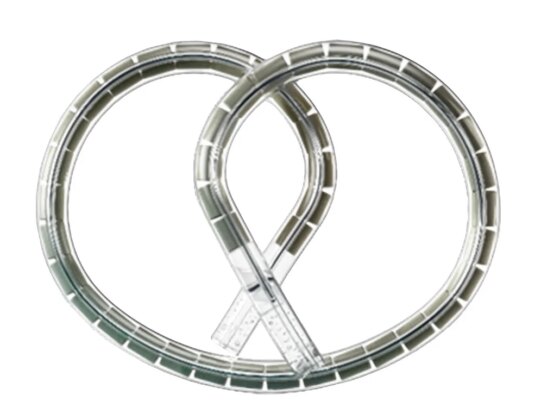Turning Back, What’s Ahead?
Time’s almost up — not just for the presidential election, but also for daylight saving time in 2024!
This Sunday, November 5th, at 2 a.m., most Americans will “fall back” by setting their clocks back an hour. This little change means an extra hour of sleep, brighter mornings, and darker evenings. But if you’re in Hawaii or most of Arizona, you’re off the hook! Those states don’t observe Daylight Saving Time, though the Navajo Nation in northeastern Arizona does, to keep consistent time with parts of Navajo land in Utah and New Mexico.
With this yearly ritual comes the age-old debate: Is it “daylight saving time” or “daylight savings time”? The answer: daylight saving time — no “s.” It’s a small detail, but one that trips people up every year. In this case, “saving” describes the purpose of the time shift: to “save” daylight. Still, “daylight savings” has become so popular that it’s practically part of our vocabulary!
Flashback: Where Did Daylight Saving Time Come From?
Benjamin Franklin famously joked about waking up earlier to save candles, but the modern form of daylight saving time (DST) was born in the thick of World War I, when Germany first implemented it to save fuel. The United States followed suit in 1918, and by 1966, Congress passed the Uniform Time Act, setting a national start and end date for DST.
For over 50 years, most of us have “sprung forward” and “fallen back” with the seasons. Yet today, DST faces mounting opposition.
Why the Controversy?
Critics argue that DST’s twice-a-year clock changes wreak havoc on sleep and health. Studies have linked the spring “forward” to higher rates of heart attacks, car crashes, and workplace injuries, while others argue that DST boosts energy costs and disrupts natural body rhythms.
Advocates of permanent DST claim it would align our lives better with natural light, improving mental health and even reducing energy bills. Meanwhile, supporters of sticking to standard time point out that morning light is essential for productivity and well-being.
The Great Divide
The debate over DST is significant, but it doesn’t top the list of current issues. While Americans are divided on DST, they are also deeply split on who should serve as the next President. This decision is critical, as it can profoundly influence vital policies, including women’s reproductive health, the Affordable Care Act (ACA), and Medicare/Medicaid.
These critical issues are at the heart of the 2024 election and will affect the lives of millions, just like the twice-yearly time change. So as you “fall back” this Sunday, remember that little shifts can have big consequences. And just like every clock tick, every vote counts.
This November, as we adjust our clocks and cast our votes, the decisions we make will shape whether our country moves forward or backwards in the future!
Happy reading,
- Newsbeat: insured individuals can’t predict Rx costs, CDC updates guidance on COVID vaccine, and walking pneumonia cases rise.
- Troubling Times: unnecessary dental implants, doctors’ failure to provide care results in teen’s death, and obesity as a barrier to care.
- Tip Time: balance test and aging, COVID test expiration dates and teeth whitening.
- Timely Finds: including my personal favorite, Why Do We Vote on Tuesdays?
Newsbeat
Axios
Insured Americans can’t predict drug costs: survey
HealthDay
CDC Says Some People May Need Extra Dose of COVID Vaccine
NPR
Walking pneumonia is spiking, especially in kids. Here’s what to know
Troubling Times
KFF Health News
Dentists Are Pulling ‘Healthy’ and Treatable Teeth To Profit From Implants, Experts Warn
ProPublica
A Pregnant Teenager Died After Trying to Get Care in Three Visits to Texas Emergency Rooms
New York Times
An Agonizing Dilemma: When Obesity Prevents a Joint Replacement
Tip Time
Mayo Clinic
Mayo Clinic study: What standing on one leg can tell you
HealthDay
Check Your Cabinet: Some COVID Test Expiration Dates Have Been Extended, FDA Says
Timely Finds
Smithsonian Magazine
How the Equal Credit Opportunity Act Transformed Women’s Economic Power
Atlas Obscura
From Roosevelt to Resolute, the Secrets of All 6 Oval Office Desks
Smithsonian Magazine
Why Do We Vote on Tuesdays?
Enjoy the weekend!
Best,
Suzanne
Suzanne Daniels, Ph.D.
AEPC President
P.O. Box 1416
Birmingham, MI 48012
Office: (248) 792-2187
Email: [email protected]

News you can trust



